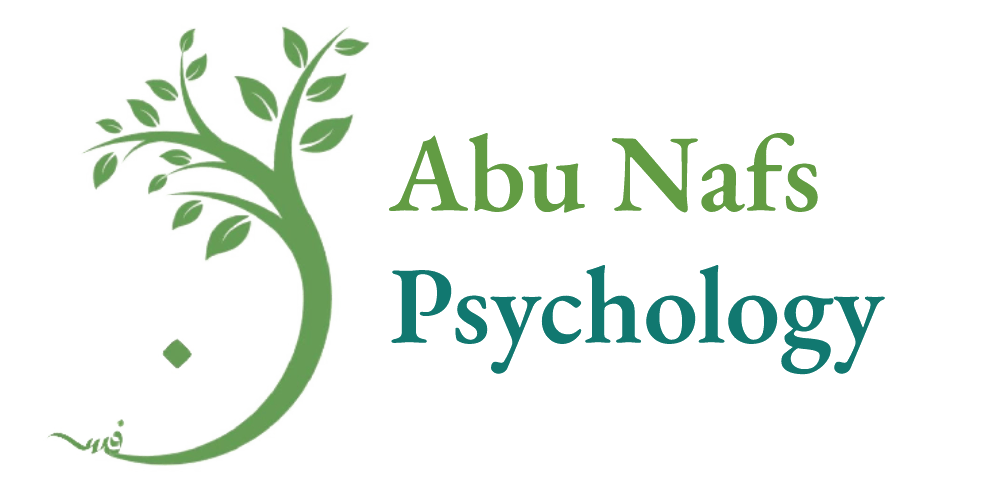Attention-Deficit/Hyperactivity Disorder (ADHD) is not just limited to children; it can persist into adulthood, impacting various aspects of a person’s life. For adults who suspect they may have ADHD or have been struggling with certain symptoms, seeking a proper diagnosis is crucial. Insert: ADHD Testing For Adults.
Understanding the process of testing for ADHD as an adult can provide clarity and pave the way for effective management and support. Here’s everything you need to know about the testing process:
- Recognizing ADHD Symptoms in Adults: Adult ADHD symptoms may differ from those in children, making it essential to be aware of common indicators. These symptoms include persistent inattention, impulsivity, difficulty with organization and time management, forgetfulness, restlessness, and challenges in maintaining relationships or meeting work demands.
- Consulting a Healthcare Professional: If you suspect you have ADHD or are facing difficulties in various aspects of life due to the symptoms, the first step is to consult a healthcare professional. A mental health specialist, such as a psychiatrist or psychologist, experienced in diagnosing ADHD in adults, is the most appropriate choice.
- Comprehensive Assessment: ADHD testing for adults involves a comprehensive assessment to evaluate the presence and severity of symptoms. The process typically includes clinical interviews, self-report questionnaires, observation, and gathering information from close family members or partners who can provide insight into your behavior and history.
- Unmasking Your Past: The assessment will delve into your personal history, including childhood experiences, educational achievements, employment history, and current challenges. Providing a detailed account of any past difficulties related to attention, organization, hyperactivity, and impulsivity will assist in making an accurate diagnosis.
- Ruling Out Other Conditions: ADHD symptoms can overlap with other medical or psychological conditions. The assessment will also consider the possibility of coexisting conditions like anxiety, depression, or learning disabilities. Accurate diagnosis is crucial to ensure that appropriate treatments and interventions are provided.
- Objective Testing Measures: While there is no single definitive test for ADHD, certain objective measures, such as continuous performance tests (CPTs) or cognitive assessments, may be used to supplement the clinical evaluation. These tests help assess attention, impulsivity, and cognitive functioning.
- The Importance of a Holistic Approach: ADHD testing is not just about confirming a diagnosis; it is the foundation for developing a comprehensive management plan. A holistic approach to managing adult ADHD may include medication, psychotherapy (such as cognitive-behavioral therapy), lifestyle modifications, and support from therapists or support groups.
- The Value of Timely Diagnosis: Seeking timely diagnosis for ADHD as an adult can be life-changing. Understanding the condition can provide validation for the challenges you face and open the door to appropriate treatments and support. With the right interventions, individuals with ADHD can learn effective coping strategies and lead more fulfilling lives.
In conclusion, testing for ADHD as an adult involves a thorough evaluation by a qualified healthcare professional. Recognizing the symptoms, seeking a comprehensive assessment, and ruling out other conditions are vital steps in obtaining an accurate diagnosis.
Embracing a holistic management approach can empower individuals to navigate the challenges of adult ADHD and embark on a journey towards better focus, organization, and overall well-being.

